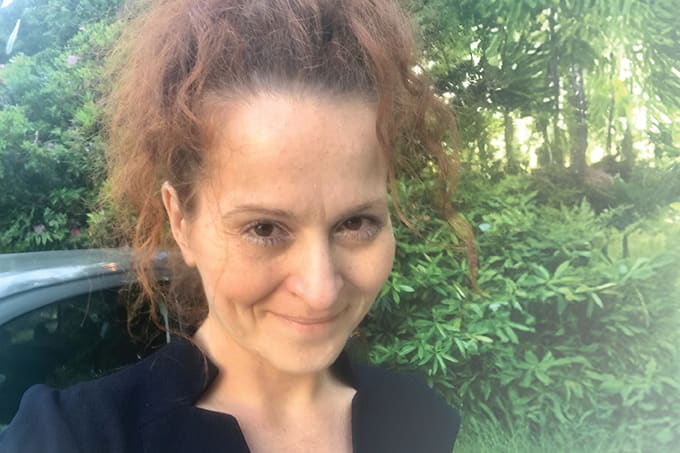As pathology becomes increasingly digitized, practitioners have never had larger libraries of whole-slide images (WSIs) at their fingertips. There’s just one problem: how do we make these vast collections of slides easy to use? How can we take advantage of gigapixels’ worth of samples in a way that isn’t just fast and intuitive, but also technically accurate? According to one team of researchers, the answer lies in deep learning.
Currently, if a pathologist wants to search a WSI repository for a certain morphological feature, the speed of the search is ultimately tied to how many images it has to look through (the bigger the library, the slower the search). This inverse relationship between size and speed ultimately affects clinical and research applications. So how do we resolve it?

A recent investigation indicates that a form of self-supervised deep learning can be used to quickly locate images that match certain criteria regardless of overall library size (1). Rather than use standard methods to teach systems whether two or three images are similar to one another, the self-supervised image search for histology (SISH) algorithm looks at WSIs as integers and binary code, meaning that it requires no pixel or region of interest-level annotations.
The results of this approach seem to speak for themselves. SISH achieved accurate results in both general and rare diseases and offered rapid, consistent search speeds. Interestingly, the system can be used for not only WSIs, but also image patch retrieval.
One caveat of the SISH model is that it uses images, rather than words, to make a search query – limiting its applications for widespread use. The authors readily accept this and subsequently call for a multimodal version to be developed in which WSIs are paired with patient data, allowing pathologists to use written search terms on huge repositories in the future.
References
- C Chen et al., “Fast and scalable search of whole-slide images via self-supervised deep learning,” Nat Biomed Eng, [Online ahead of print] (2022). PMID: 36217022.




